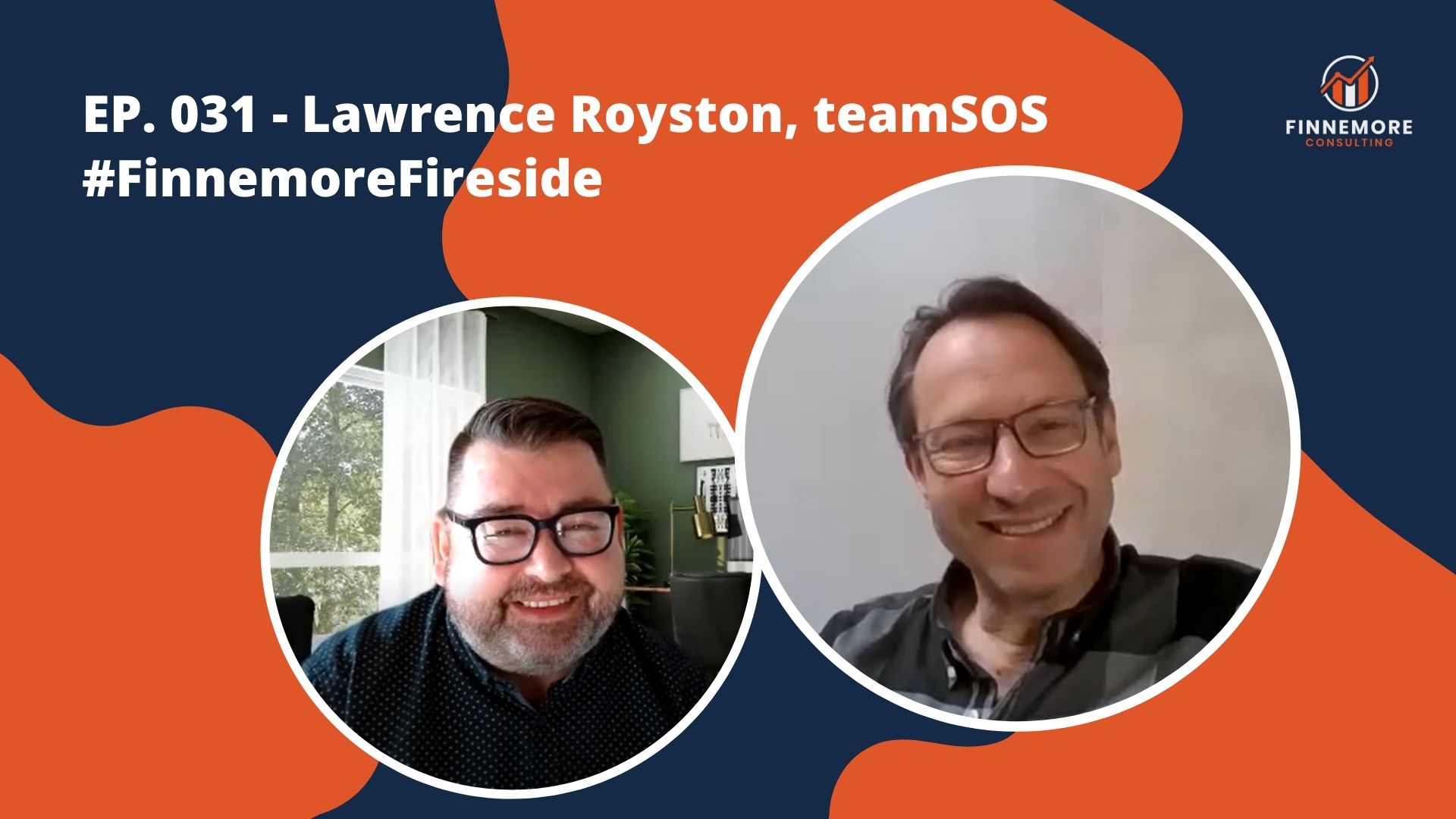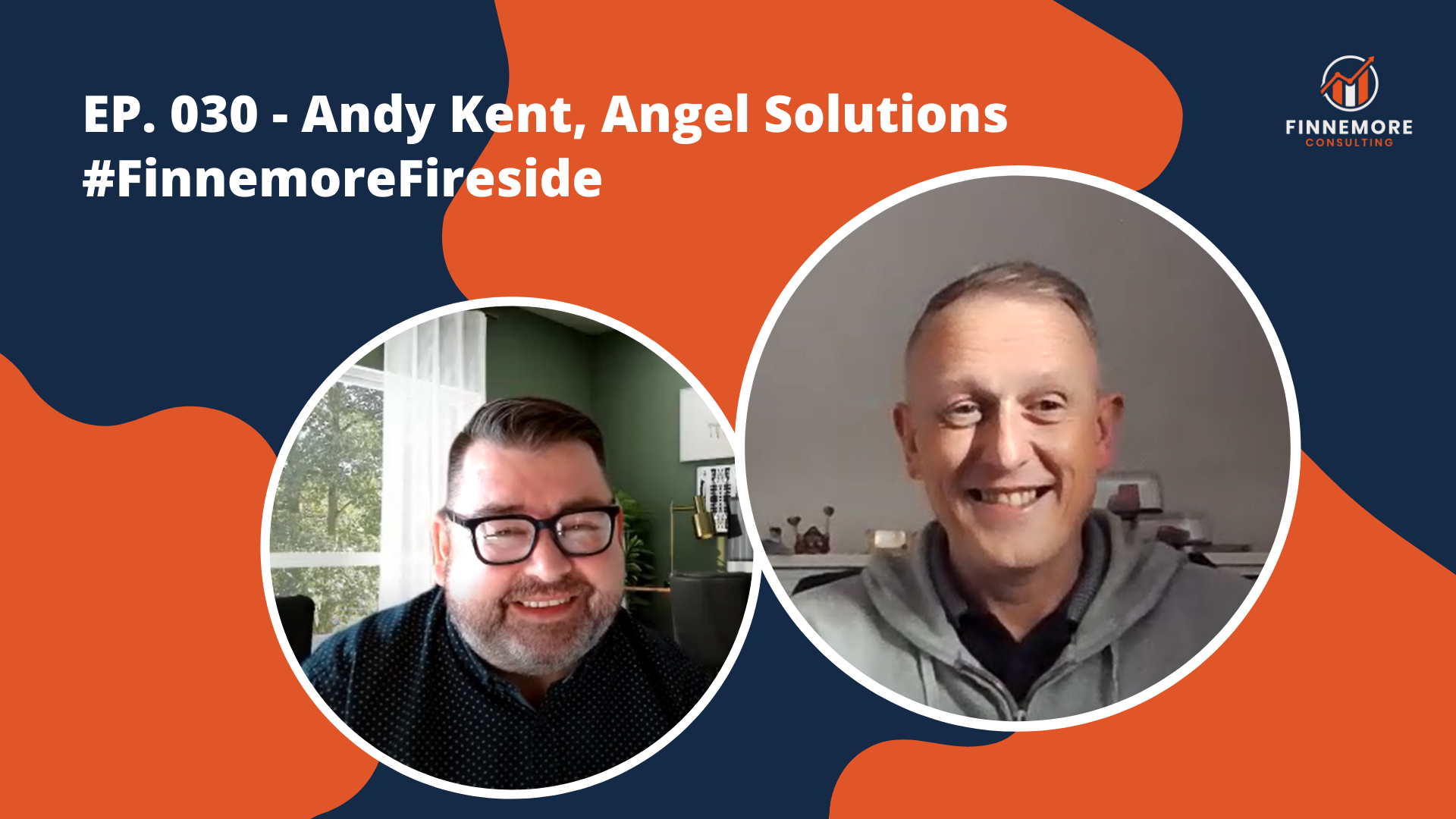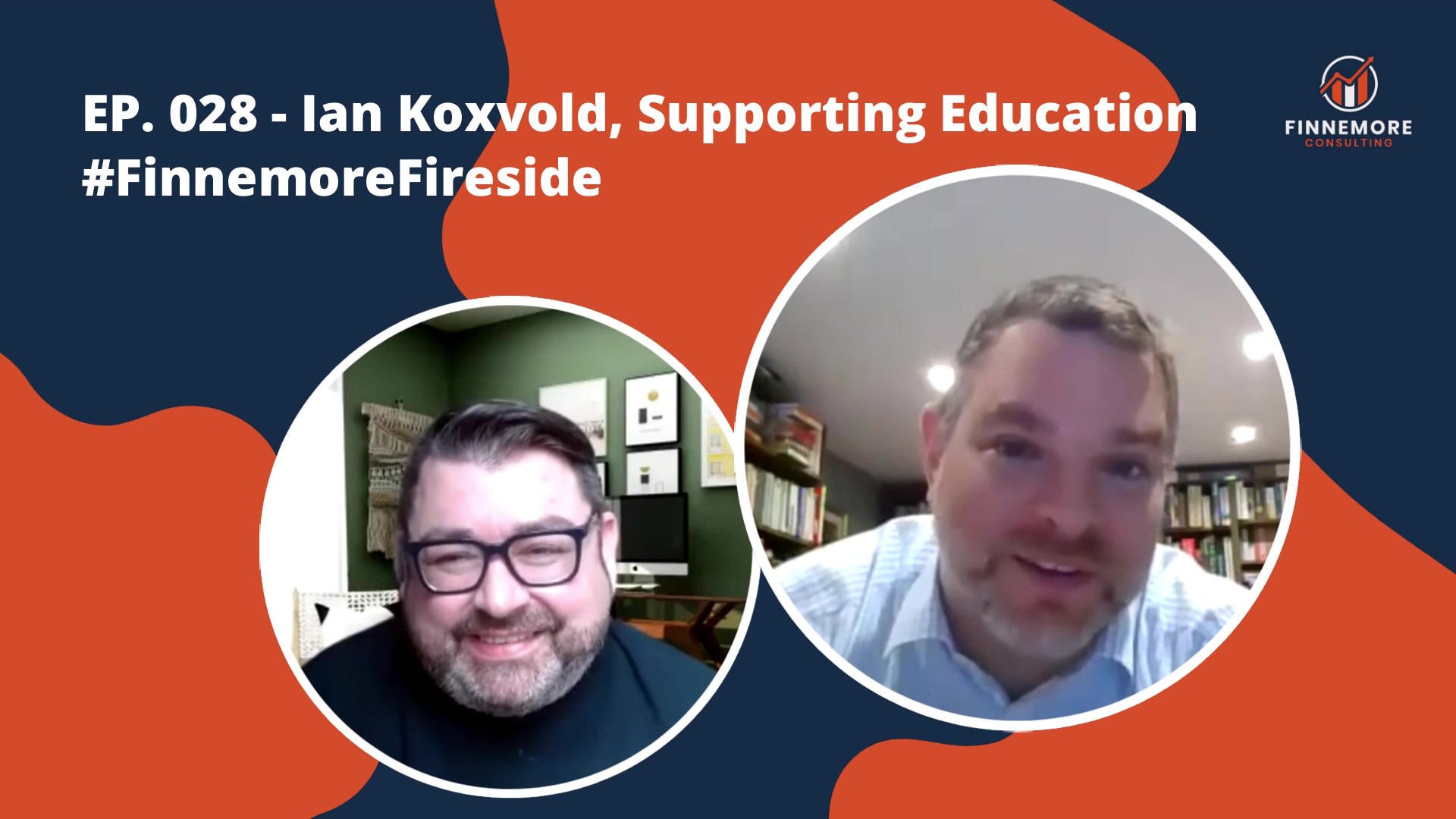So here we are, almost at the end of the month and most people are desperately trying to close those last few orders to meet what are probably very challenging targets. Time to bring out the discount – that will work, surely?! Well, not necessarily. Here are my 4 reasons why offering a discount to close is not always a good thing:
1. It devalues your product. If what you are selling was worth, say, £5,000 two weeks ago, why is it only worth £4,500 now? While a discount designed to get the customer to order before the end of the week might just incentivise them to do so, it is also likely to leave a lasting impression that the product was priced too high in the first place which won’t help your long-term relationship and future sales.
Which brings us on to . . .
2. You risk ‘training’ your customers to expect a discount. If a discount is usually offered towards the end of any given month, term or year then the customers will learn to expect it and wait for it to happen. We all know how we feel about certain large out-of-town furniture and carpet stores that advertise their sales an awful lot; we wait for the sale until we buy as we know there’s probably going to be one just around the corner.
3. It’s obvious but, by discounting to close, you are lowering your revenue and margins. To hit your overall business plan, how many more sales will you now need to make? Would it be better to take a longer-term view and aim for a smaller amount of committed long-term customers who are willing to pay the true price of your product than a larger volume of customers who bought it because it was a bargain? It’s a question only you can answer for your business but it’s worth considering.
4. You’re no longer in control of your sale. Most companies will spend a significant amount on sales (account management and new business development) in some way, shape or form. Those people that you hire are there to add value to your business and, by offering a discount to close, you’re moving all the control over whether or not that potential customer will order onto your client – the decision is now theirs and there is little your salespeople can do to influence. Unfortunately what this means for the business is that you’re really not getting the best value for money from the salespeople.
Instead of offering a discount, consider how you could add value to the sale. Is there something you could offer that not only has a financial value attached to it that your potential customer would appreciate but also helps them get the best from the product they’re buying which will increase loyalty and long-term revenue?
Don’t get me wrong, used sporadically discounts can work and sometimes it can help you launch a product with early adopters or build a preferential relationship. However, give it some thought before you do as it may be that the long-term pain isn’t worth the short-term gain.









